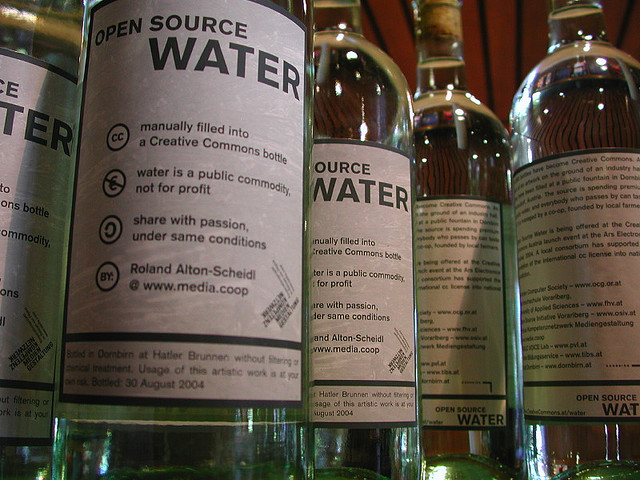If you’re writing a run-of-the-mill, two- or three-page essay for an undergrad class, you might get away with citing just any old source. Plucking quotes from different websites is not difficult, and in so doing, you can create a paper that, to someone who didn’t know better, would think that you’ve written a scholarly, professional work.
From your perspective, it seems fine. Your research took all of a half-hour, and you’ve pulled plenty of quotes and citations from professional-sounding organizations and people. But what if you happen to run into a professor who, in addition to having a great deal of knowledge (if you’re at the university level, your professor will almost certainly have a doctorate), also has the time and inclination to actually check the reliability of your sources?
This could be embarrassing for you if it is discovered that the ultra-professional-sounding organization you cited in your paper happens to be a kook fringe outfit with zero credibility. As bad as this would be for an undergrad class, it is inexcusable for graduate-level work.
Thankfully, there are some easy ways to double check that your sources are reliable. Here are a few:
Use well-recognized sources:
If your paper is full of quotes from obscure or little-known groups or individuals, you’ll have to verify that what they say is true—and this can be time-consuming. However, if you cite sources that are widely recognized as being reliable, you’re in good shape from the start.
Avoid agenda-driven sources:
Impartial and unbiased sources are not always easy to find. After all, every person or group has an opinion. However, many groups exist simply for the sake of performing research in the pursuit of truth. These usually make excellent sources, especially if they are well-known.
Check sources against other sources:
If Group A says one thing, you may want to see if equally reliable Group B says something else. (Of course, if Group B is a bunch of nutters, you can safely ignore them). But it’s wise to present the opposing point of view, if it has any merit, as this will lend credence to your own argument.
So, be careful to ensure that the sources you use are reliable—especially if you’re doing graduate-level or professional writing. The credibility you preserve will be your own.
